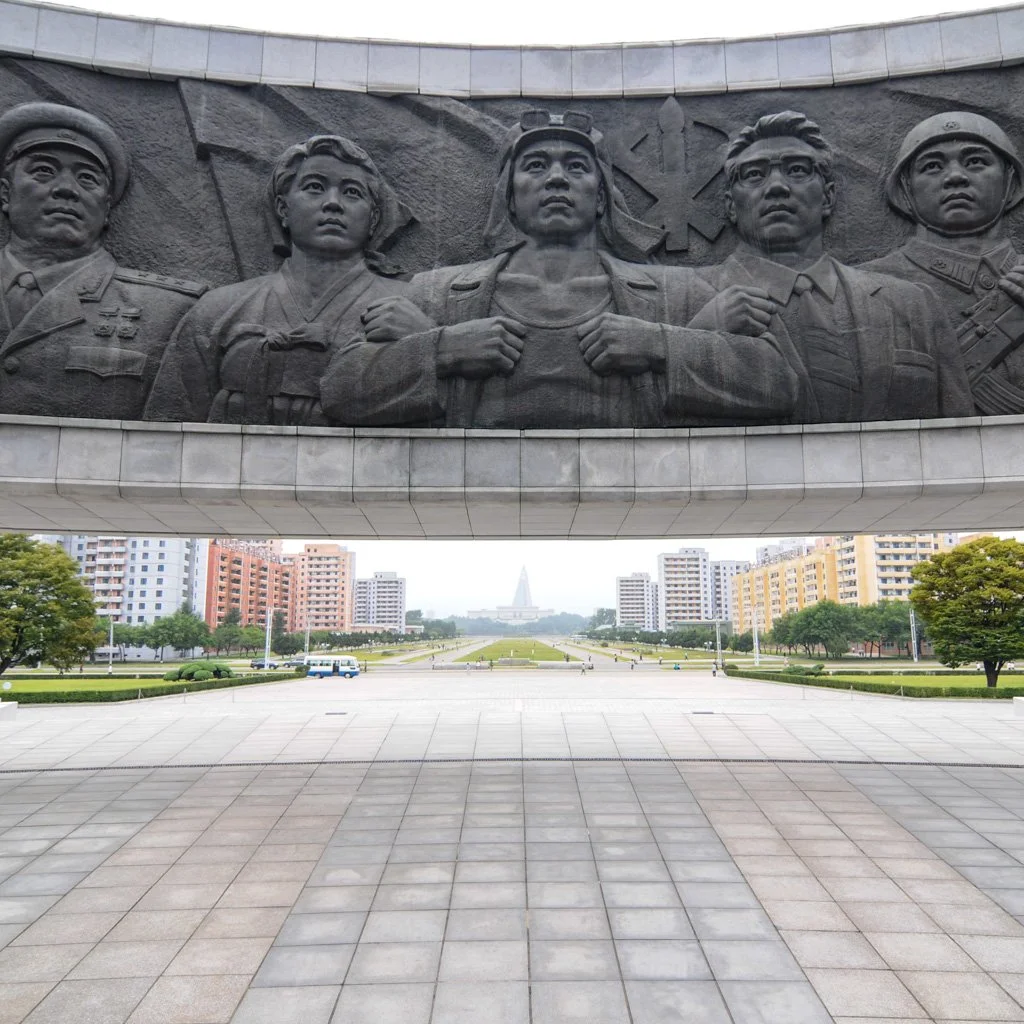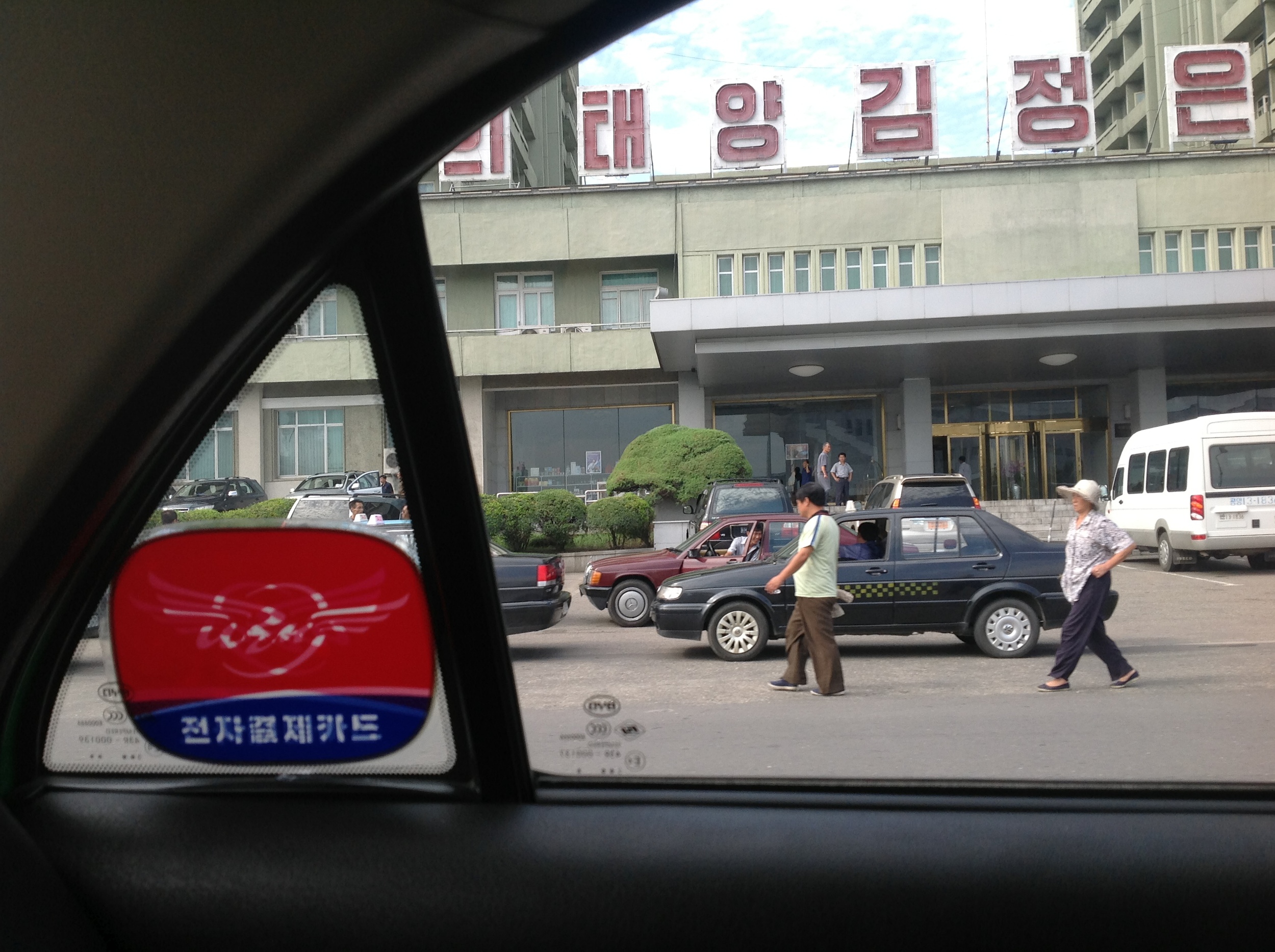Discussions on the future of the DPRK unavoidably must touch on sanctions. This just as inevitably leads to the question: “but are the Chinese implementing sanctions?” After all, when Chinese trade makes up approximately 70% of North Korea’s trade volume, China is the only country that truly matters in terms of economic influence. On the ground, evidence seems mixed. An interesting anecdote from shippers recently is that China is holding up overseas cargo of non-essential consumer goods at Dalian for extensive checking, leaving some North Koreans to wonder if these goods will be able to reach Pyongyang. Dalian is crucial to international shipping for North Korea: shipment volumes will not be large enough to justify running a route from say, Malaysia, to Nampo so they are sent to Dalian, consolidated and sent on to Korea from there.
While delays have been rumored since early this year post-UNSCR 2087, this is the first time we have heard of goods as mundane as the ubiquitous Pokka canned coffee being “impounded” for being "unnecessary items". Perhaps some crafty trader should hoard the popular Singaporean coffee in North Korea: it is after all synonomous with "iced coffee".
Thus, if the news emanating from Dalian have some truth, it could reflect a central directive to reduce trade with North Korea from outside. It could also be local bureaucrats or shippers who have recognized that international conditions have become favorable to extract greater rents on the last portion of a product's journey to North Korea.
An interesting question, then, is whether this “impounding” of non-essential consumer goods only affects non-Chinese exporters shipping through Dalian or whether they also impact Chinese exporters to North Korea. Again anecdotally, it does not appear that Chinese businesses are much bothered by recent sanctions. New Chinese taxis have popped up all over Pyongyang in the last few months, and Chinese investors continue to do business at a healthy pace. On the ground, one sees Chinese businesspeople at every level of hotel, from the crappy one we stayed in last week to the swankiest places in town. (No word on how they feel about green tea lattes, though.)
There is also a question of how much impact sanctions on the banking sector have today. When the four main banks of China dropped North Korea’s Foreign Trade Bank as a partner, observers heralded a new age of Chinese support for sanctions. It is questionable how much actual business transactions take place through that channel.
North Koreans adjusted to the “new norm” post-2006 BDA sanctions by setting up systems to conduct banking through informal money transfers. One can easily “wire” money to China by contacting banks in Pyongyang whose agents in China can hand a businessperson his or her cash for a commission below 0.5%. The money can then be deposited in Chinese bank accounts. Again, this "banking" infrastructure benefits Chinese traders disproportionately at the expense of other foreign traders who face more complications and delays in paying their suppliers in their home country.
Bank of China's move in May to close the Foreign Trade Bank's accounts (an important signal that BoC plays ball, to use the parlance of our times) also serves to drive organizations that were trying to move money through the most official and transparent channel possible into the hands of smaller financial actors. Meanwhile, FTB's 'Narae' debit card is becoming more and more ubiquitous domestically: it is accepted at more and more shops, taxi cabs and now the card can even be linked to one's phone number, allowing mobile cash-free payments to be made between individuals.
A smart Chinese strategy - and indeed, one they appear to be adopting - should involve encouraging sanctions by the international community, while resisting their implementation at home. Chinese businesses are the primary beneficiaries of sanctions as it forces North Korean businesses to rely more on their Chinese partners.









